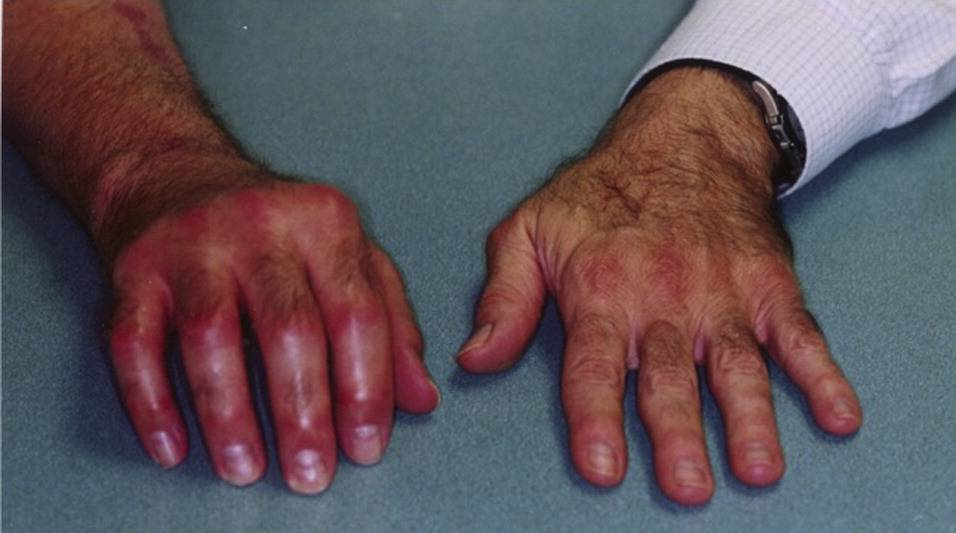Complex Regional Pain Syndrome (CRPS) in North Liberty

Complex Regional Pain Syndrome (CRPS) is a chronic and often debilitating condition that affects the nervous system, resulting in severe, persistent pain—usually in an arm or leg—after an injury, surgery, stroke, or heart attack. Though the initial injury may be minor, CRPS can lead to prolonged pain and changes in skin, motor function, and temperature regulation in the affected area.
At Motion Matters Physical Therapy & Wellness in North Liberty, we believe that education is the first step toward healing. If you or a loved one is experiencing ongoing, unexplained pain, understanding CRPS can be critical in getting the right treatment early.
What Is CRPS?
Complex Regional Pain Syndrome is a neuropathic pain condition involving abnormal responses of the peripheral and central nervous systems. CRPS is typically categorized into two types:
CRPS-I: Occurs without a confirmed nerve injury.
CRPS-II: Involves confirmed damage to a specific nerve.
Both types result in similar symptoms and often require the same treatment approach.
What Causes CRPS?
CRPS typically develops after:
A fracture, sprain, or crush injury
Surgery
Nerve damage
Immobilization (e.g., prolonged casting)
Stroke or heart attack (less common)
While the exact mechanisms are not fully understood, CRPS involves dysregulated nerve signaling, inflammation, and an exaggerated pain response that goes beyond the normal healing timeline.
Common Symptoms of CRPS
Symptoms usually begin within weeks of the inciting event and may include:
Intense, burning or throbbing pain in the affected limb
Sensitivity to touch or temperature (even clothing or wind may cause pain)
Swelling and stiffness
Skin color and temperature changes (red, purple, pale, hot, or cold)
Changes in skin texture, hair or nail growth
Muscle weakness or atrophy
Limited range of motion or joint function
Symptoms can vary greatly and may spread to other areas if not treated early.
How Is CRPS Diagnosed?
There is no single test for CRPS. Diagnosis is typically made through a combination of:
Detailed patient history and symptom patterns
Physical examination
Ruling out other causes of pain
Possible imaging (bone scans, MRI) or diagnostic nerve blocks
Early diagnosis is crucial—intervention within the first 6 months is associated with better long-term outcomes.
Why Early Treatment Matters
If left untreated, CRPS can lead to:
Muscle wasting
Joint stiffness and contractures
Permanent functional loss
Emotional and psychological distress
That’s why early and targeted rehabilitation is critical. Physical therapy plays a key role in calming the nervous system and restoring movement without triggering flare-ups.
Our Approach to CRPS at Motion Matters
At Motion Matters, we approach CRPS with compassion, precision, and specialized training. Our clinicians use a combination of:
Graded Motor Imagery (GMI): A progressive brain-based approach to reducing pain by retraining the way the brain perceives movement and sensation.
Desensitization Therapy: Exposure-based techniques to reduce hypersensitivity to touch and temperature.
Neuromuscular Reeducation: Helps restore safe, functional movement without increasing pain.
Pain Neuroscience Education: Understanding how pain works can reduce fear and improve outcomes.
Each plan is built around your tolerance and goals, and progressed gradually to avoid flare-ups.
We’re Here to Help
If you think you or a family member may be dealing with CRPS, don’t wait. The earlier treatment begins, the better the chance of recovery. Our North Liberty clinic offers specialized care for CRPS that blends clinical expertise with individualized attention.
Need Help Managing CRPS?
Let’s create a path forward—together.
Contact Motion Matters Physical Therapy & Wellness in North Liberty today to schedule a consultation or ask about our CRPS treatment options.


